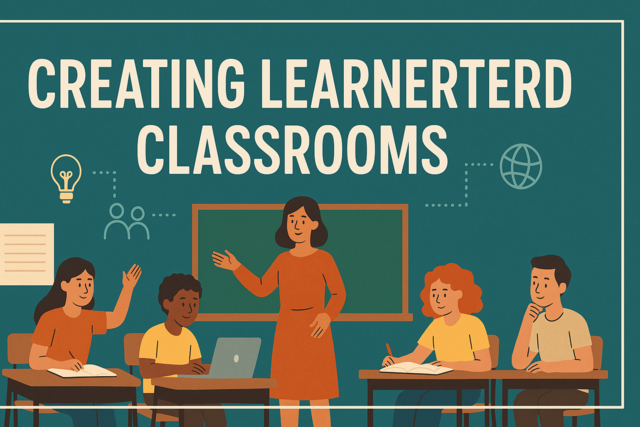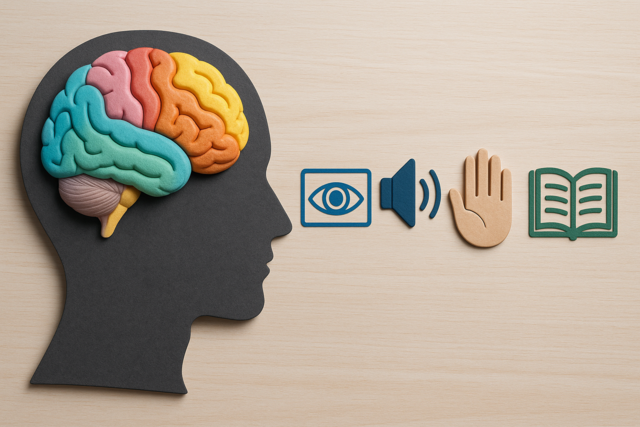Online Class: Implementing Evidence-Based Practices

no certificate
with CEU Certificate*
-
15Lessons
-
22Exams &
Assignments -
5Hours
average time -
0.5CEUs
Course Description
Welcome to "Implementing Evidence-Based Practices," a transformative journey that transcends the ordinary boundaries of learning and propels you into the realm of empowered decision-making. Imagine you're on the precipice of a revolution in your professional life—a revolution driven not by gut feelings, but by solid empirical data, clinical expertise, and the value-rich perspectives of those you serve. Whether you're a seasoned healthcare professional, an educator, or someone from a field where evidence-based practices (EBPs) are taking root, this course holds the key to unlocking your fullest potential.
At the heart of our course lies a burning question: What if you could consistently make decisions that are not just informed but profoundly impactful? Picture yourself as a pioneer, far ahead of the curve, standing on the shoulders of giants like Florence Nightingale and Archie Cochrane—masters who sparked a shift from anecdotal tradition to empirical rigor. Through this course, you will harness the power of EBP to enhance decision-making processes, propel your career, and ultimately transform the world around you.
Dive into the narratives of history and modernity, where systematic, impactful advancements in healthcare and beyond were born from the application of EBPs. This isn't just about following best practices; it's about leading the charge in crafting new ones, tailored to the unique bends of your professional field. Through meticulously planned and strategic approaches to research and implementation, you will learn to sift through the noise of information, discerning the nuggets of gold that will inform the next steps in your career.
The adventure continues as you explore the art of transforming hypotheses into actionable strategies. Quantitative research will arm you with broad insights, while qualitative methods will invite you into the nuanced experiences of individuals. Grappling with these methodologies will not only hone your analytical skills but will instill a deep understanding of human behavior—an asset in every professional setting.
As you embark on this journey, you will discover the critical role of organizational culture and leadership in supporting the adoption of EBPs. Imagine being the catalyst for a cultural shift in your organization, where inquiry thrives, and innovation becomes second nature. Through this course, you are not just a student; you are a change agent, ready to inspire and lead your team towards unparalleled success.
Moreover, you will gain a newfound appreciation for clinical guidelines as living, breathing documents that ensure uniformity yet allow for personalized care. By intertwining these guidelines with your expertise and patient preferences, you will master the art of balancing science with empathy, leading to holistic, patient-centered care that is both impactful and fulfilling.
This course doesn't just teach—it transforms. You will be equipped to understand, design, and implement Key Performance Indicators (KPIs) that are both specific and strategic, translating broad visions into quantifiable success. Picture yourself as the architect of continuous improvement, where evidence-based decisions not only optimize resources but also amplify patient engagement and satisfaction.
"Implementing Evidence-Based Practices" is not just another course; it's a beacon of change and an invitation to excel. It's about closing the gap between research and real-world applications, ensuring that your work is grounded in the best available evidence—benefiting not only you and your organization but, most importantly, those you aim to serve.
Think of the moments of clarity and revelation, where what was once opaque becomes clear; where once difficult decisions now have a roadmap grounded in proven strategies. Take this journey with us, and embrace the challenge of becoming a leader in evidence-based decision-making. Seize the opportunity to learn, to grow, and to make a difference. Enroll in "Implementing Evidence-Based Practices" today and step confidently onto the path to impact, innovation, and enduring success. Your future in transformative, evidence-based decision-making awaits.
- Completely Online
- Self-Paced
- 6 Months to Complete
- 24/7 Availability
- Start Anytime
- PC & Mac Compatible
- Android & iOS Friendly
- Accredited CEUs

Course Lessons
Lesson 1. Harnessing Evidence for Impactful Outcomes
Evidence-based practices serve as a crucial framework for enhancing decision-making across various fields by integrating clinical expertise, patient values, and the best available research to deliver improved services. The historical shift from tradition to empirical data, sparked by pioneers like Florence Nightingale and Archie Cochrane, marks a significant step towards systematic, impactful healthcare advancements.Lesson 2. Implementing Evidence-Based Practices: A Guide to Effective Decision-Making
Conducting systematic literature searches involves meticulous planning and strategic searching to produce a comprehensive view of existing research. Tailoring search strategies and critically evaluating findings ensure that practices rely on robust and up-to-date evidence.Lesson 3. From Hypothesis to Application: Unlocking the Power of Research Design
Quantitative research provides generalized insights by employing statistical analysis of numerical data, useful for evaluating broad impacts such as program effectiveness across diverse populations. Conversely, qualitative research delves into subjective experiences, uncovering in-depth insights through methods like interviews, making it essential for understanding nuanced human behaviors.Lesson 4. Harnessing Evidence-Based Practice: Bridging Research and Real-World Applications
Integrating EBP into clinical workflows involves establishing multidisciplinary teams, fostering a culture of inquiry, and maintaining ongoing education and training. Technology and clear protocols standardize practices and allow real-time evidence application, elevating care standards and improving patient engagement and satisfaction.Lesson 5. The Essence and Impact of Clinical Guidelines in Modern Medicine
Clinical guidelines are dynamic, evidence-based frameworks designed to optimize patient care by integrating comprehensive research findings with clinical acumen and patient preferences. Through rigorous development and implementation strategies, they serve as essential tools for ensuring uniform quality in healthcare delivery while allowing for personalized treatment approaches.Lesson 6. Unlocking the Potential of Evidence-Based Practices
Organizational culture significantly impacts EBP success; supportive environments foster adaptation and evidence integration. Leaders advocating for change and resource allocation can boost motivation and EBP adoption.Lesson 7. Unified for Patient Success: The Roles of Healthcare Professionals in Evidence-Based Practice
Physicians lead healthcare teams, staying informed of new guidelines to ensure optimal treatments, while nurses implement these through education and patient advocacy. Pharmacists, physiotherapists, and dietitians bolster these efforts by managing medication, rehabilitation, and nutrition, demonstrating the critical impact of a cohesive team approach.Lesson 8. Crafting Success: The Building Blocks of Effective KPIs
Understanding and designing appropriate KPIs involves anchoring them to your objectives and ensuring they distill broad visions into quantifiable metrics. Prioritizing specificity, measurability, achievability, relevance, and timeliness enhances clarity, guides strategic direction, and fosters transparency within the organization.Lesson 9. Translating Research into Clinical Action
Embodying evidence-based practice, clinical practice guidelines not only improve healthcare outcomes but also optimize resource utilization by minimizing unnecessary interventions. They foster patient engagement and adherence through shared decision-making models, ensuring treatment strategies resonate with patient values and preferences.Lesson 10. Holistic Care: Bridging Evidence-Based Practices with Patient-Centricity
Emphasizing holistic care, patient-centered approaches prioritize the unique needs, contexts, and values of individuals, forming dynamic partnerships that enhance trust and therapeutic alliances. By engaging patients in their care decisions, healthcare not only improves adherence but also adapts interventions to reflect personal goals and cultural sensitivities.Lesson 11. Illuminating Evidence-Based Practice: A Journey of Data-Driven Decision Making
Incorporating Evidence-Based Practice (EBP) across various fields ensures that decisions are grounded in solid research rather than tradition or intuition, ultimately improving outcomes. With its origins in healthcare, EBP now influences education, psychology, and social work by focusing on interventions that combine research, expertise, and client values.Lesson 12. Unveiling Continuous Quality Improvement: A Pathway to Transformative Organizational Practices
The Balanced Scorecard connects operational initiatives to broader strategic goals, integrating perspectives like customer, internal process, learning, growth, and finance for informed decision-making. Such comprehensive frameworks empower students and organizations to adapt swiftly to changing environments, leveraging evidence for sustained improvement.Lesson 13. Maximizing Impact through Diverse Communication Channels for Evidence-based Practices
Strategically leveraging a combination of traditional and digital communication channels can enhance the dissemination and acceptance of evidence-based practices by bridging their credibility and wide reach. The interplay of formal media, dynamic digital platforms, and interpersonal connections maximizes engagement and facilitates informed transformation in professional and community settings alike.Lesson 14. Leadership Dynamics: Aligning Theories with Change Management
Leadership theories guide change management by equipping leaders with practical strategies in dynamic environments, particularly transformational leadership which inspires team members to align personal growth with organizational goals. Transactional leadership, focusing on reward and punishment systems, ensures adherence to evidence-based practices where guidelines are crucial.Lesson 15. Protecting Human Subjects: The Core Ethical Principles
Informed consent is a dynamic process, vital for respecting patient autonomy, involving clear communication tailored to participants' understanding, cultural backgrounds, and health literacy. Ethical frameworks support participants’ rights to withdraw from studies, ensuring decisions are reversible without penalization.
Learning Outcomes
- Analyze the application of evidence-based practices in diverse sectors such as education, healthcare, and social work by critically evaluating real-world examples and their outcomes.
- Identify the historical milestones in the development of evidence-based practices and their impact on clinical decision-making by accurately describing key figures and events.
- Identify and evaluate different types of evidence hierarchies (systematic reviews, RCTs, cohort studies) to integrate reliable evidence into practical applications within a professional context.
- Demonstrate the ability to conduct a systematic literature search by organizing, selecting, and appraising research studies to derive evidence-based insights for decision-making.
- Demonstrate the ability to formulate a clear, testable hypothesis using existing literature and appropriate conceptual frameworks, and justify its relevance and feasibility in a given research setting.
- Describe the key differences between quantitative, qualitative, and mixed-methods research approaches, and provide examples of contexts where each is best applied.
- Define and frame answerable questions to focus on integrating evidence-based practice, demonstrating the ability to shape research direction effectively.
- Evaluate the quality and applicability of research to distinguish significant evidence critical to practice improvements, highlighting skills in critical appraisal and evidence selection.
- Define clinical guidelines and describe their role in optimizing patient care through evidence-based practices.
- Demonstrate the ability to integrate clinical guidelines in decision-making processes for individualized patient care, considering patient preferences and specific clinical contexts.
- Demonstrate understanding of how organizational culture influences the adoption of evidence-based practices by analyzing specific case studies and identifying successful implementation strategies.
- Identify key barriers to implementing evidence-based practices (EBPs) in professional settings and propose strategies to overcome these obstacles.
- Define the roles and responsibilities of various healthcare professionals within an interprofessional team and how they contribute to evidence-based practice.
- Demonstrate mastery of lesson content at levels of 70% or higher.
Additional Course Information

- Document Your Lifelong Learning Achievements
- Earn an Official Certificate Documenting Course Hours and CEUs
- Verify Your Certificate with a Unique Serial Number Online
- View and Share Your Certificate Online or Download/Print as PDF
- Display Your Certificate on Your Resume and Promote Your Achievements Using Social Media

Choose Your Subscription Plan
No Certificate / No CEUs
This course only
| Includes certificate | X |
| Includes CEUs | X |
| Self-paced |

|
| Instructor support |

|
| Time to complete | 6 months |
| No. of courses | 1 course |
Certificate & CEUs
This course only
| Includes certificate |

|
| Includes CEUs |

|
| Self-paced |

|
| Instructor support |

|
| Time to complete | 6 months |
| No. of courses | 1 course |
Certificates & CEUs
Includes all 600+ courses
| Includes certificate |

|
| Includes CEUs |

|
| Self-paced |

|
| Instructor support |

|
| Time to complete | 12 Months |
| No. of courses | 600+ |
Certificates & CEUs
Includes all 600+ courses
| Includes certificate |

|
| Includes CEUs |

|
| Self-paced |

|
| Instructor support |

|
| Time to complete | 24 Months |
| No. of courses | 600+ |
Related Courses
-
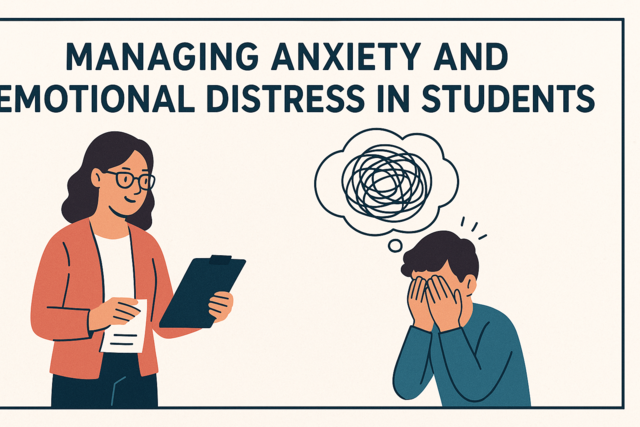 6 hours
0.6 CEUs
Managing Anxiety and Emotional Distress in Students
+ More Info
6 hours
0.6 CEUs
Managing Anxiety and Emotional Distress in Students
+ More Info
-
 4 hours
0.4 CEUs
Accident Investigation Techniques
+ More Info
4 hours
0.4 CEUs
Accident Investigation Techniques
+ More Info
-
 6 hours
0.6 CEUs
Numerology and Life Path Analysis
+ More Info
6 hours
0.6 CEUs
Numerology and Life Path Analysis
+ More Info
-
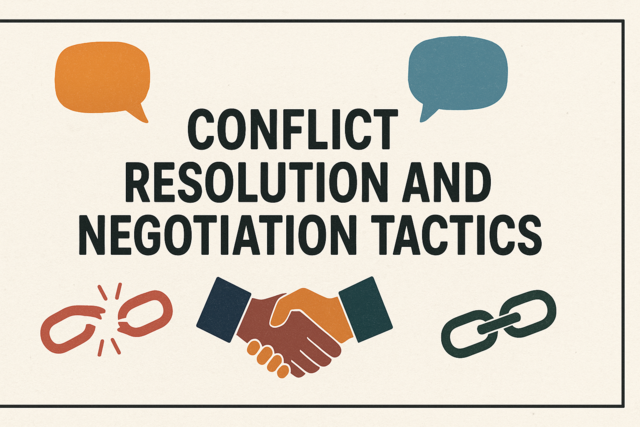 7 hours
0.7 CEUs
Conflict Resolution and Negotiation Tactics
+ More Info
7 hours
0.7 CEUs
Conflict Resolution and Negotiation Tactics
+ More Info
-
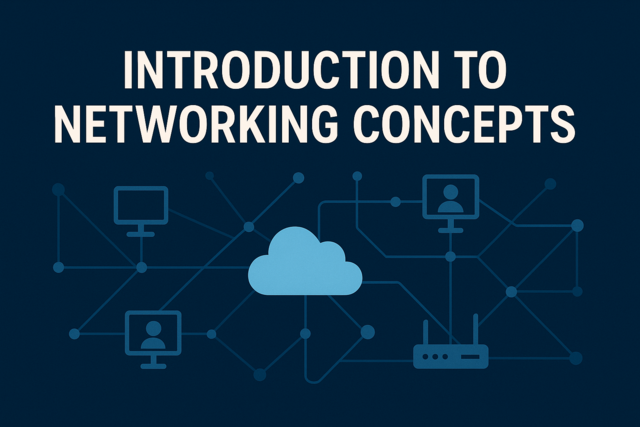 3 hours
0.3 CEUs
Introduction to Networking Concepts
+ More Info
3 hours
0.3 CEUs
Introduction to Networking Concepts
+ More Info
-
 4 hours
0.4 CEUs
Gamification in Education
+ More Info
4 hours
0.4 CEUs
Gamification in Education
+ More Info
-
 7 hours
0.7 CEUs
Developing and Maintaining Healthy Habits
+ More Info
7 hours
0.7 CEUs
Developing and Maintaining Healthy Habits
+ More Info
-
 5 hours
0.5 CEUs
The Enigmatic Dimensions of Time
+ More Info
5 hours
0.5 CEUs
The Enigmatic Dimensions of Time
+ More Info
-
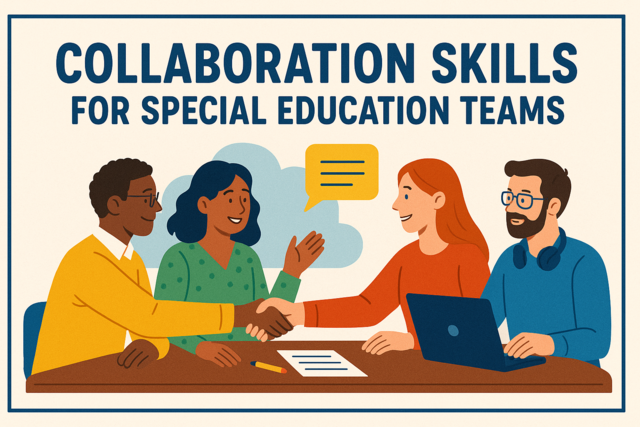 4 hours
0.4 CEUs
Collaboration Skills for Special Education Teams
+ More Info
4 hours
0.4 CEUs
Collaboration Skills for Special Education Teams
+ More Info
-
 4 hours
0.4 CEUs
Elite Ensembles: Crafting Timeless Women's Looks
+ More Info
4 hours
0.4 CEUs
Elite Ensembles: Crafting Timeless Women's Looks
+ More Info
-
 7 hours
0.7 CEUs
Classroom Design and Environment for Special Needs Students
+ More Info
7 hours
0.7 CEUs
Classroom Design and Environment for Special Needs Students
+ More Info
-
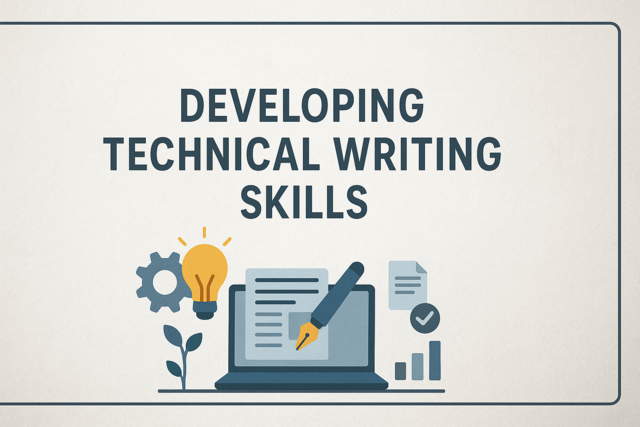 3 hours
0.3 CEUs
Developing Technical Writing Skills
+ More Info
3 hours
0.3 CEUs
Developing Technical Writing Skills
+ More Info
-
 6 hours
0.6 CEUs
Introduction to Data Analytics
+ More Info
6 hours
0.6 CEUs
Introduction to Data Analytics
+ More Info
-
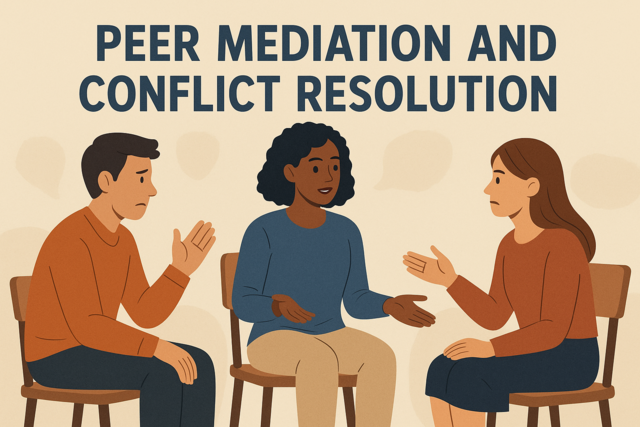 6 hours
0.6 CEUs
Peer Mediation and Conflict Resolution
+ More Info
6 hours
0.6 CEUs
Peer Mediation and Conflict Resolution
+ More Info
-
 7 hours
0.7 CEUs
Parenting Partnerships: Collaborative Family Leadership
+ More Info
7 hours
0.7 CEUs
Parenting Partnerships: Collaborative Family Leadership
+ More Info
-
 5 hours
0.5 CEUs
Empowering Student Voice through Leadership
+ More Info
5 hours
0.5 CEUs
Empowering Student Voice through Leadership
+ More Info
-
 3 hours
0.3 CEUs
Holistic Approaches to Education
+ More Info
3 hours
0.3 CEUs
Holistic Approaches to Education
+ More Info
-
 6 hours
0.6 CEUs
Digital Marketing Fundamentals
+ More Info
6 hours
0.6 CEUs
Digital Marketing Fundamentals
+ More Info
-
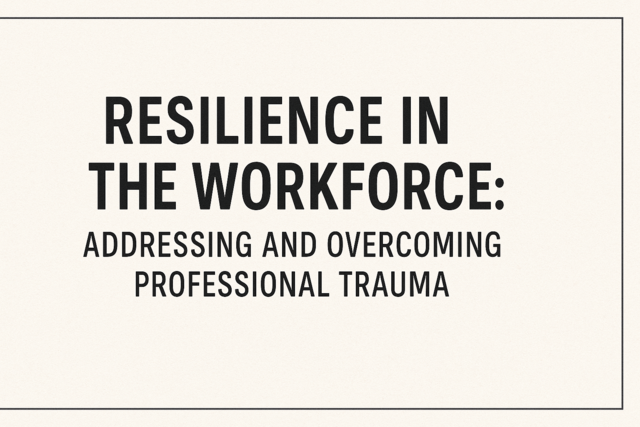 4 hours
0.4 CEUs
Resilience in the Workforce: Addressing and Overcoming Professional Trauma
+ More Info
4 hours
0.4 CEUs
Resilience in the Workforce: Addressing and Overcoming Professional Trauma
+ More Info
-
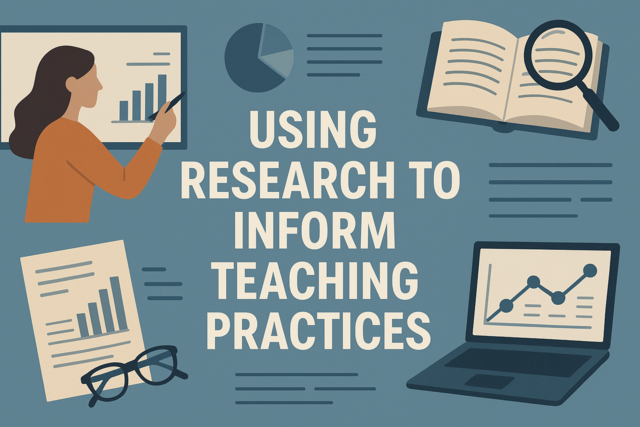 5 hours
0.5 CEUs
Using Research to Inform Teaching Practices
+ More Info
5 hours
0.5 CEUs
Using Research to Inform Teaching Practices
+ More Info
-
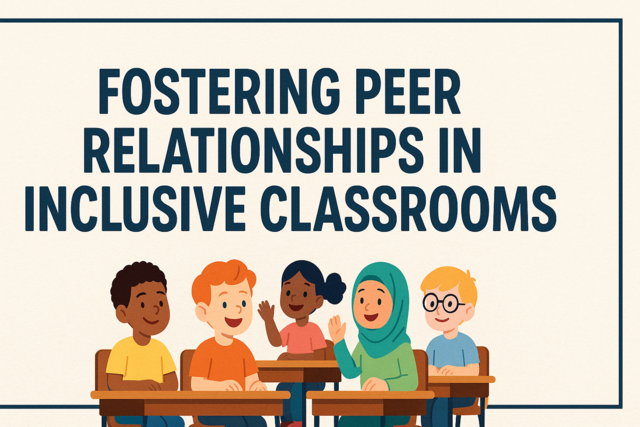 7 hours
0.7 CEUs
Fostering Peer Relationships in Inclusive Classrooms
+ More Info
7 hours
0.7 CEUs
Fostering Peer Relationships in Inclusive Classrooms
+ More Info
-
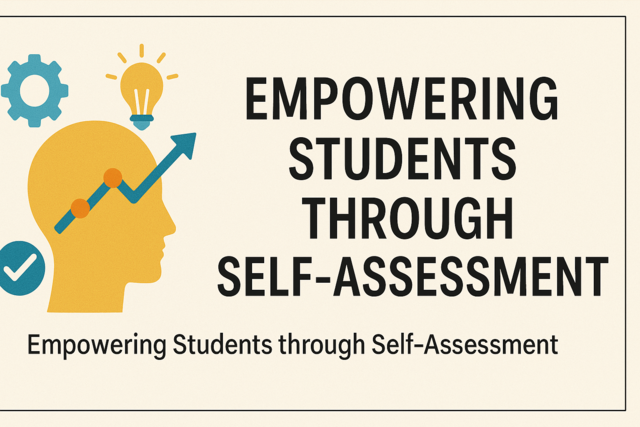 3 hours
0.3 CEUs
Empowering Students through Self-Assessment
+ More Info
3 hours
0.3 CEUs
Empowering Students through Self-Assessment
+ More Info
-
 7 hours
0.7 CEUs
Vintage Visions: Integrating Past Styles in Modern Luxury
+ More Info
7 hours
0.7 CEUs
Vintage Visions: Integrating Past Styles in Modern Luxury
+ More Info
-
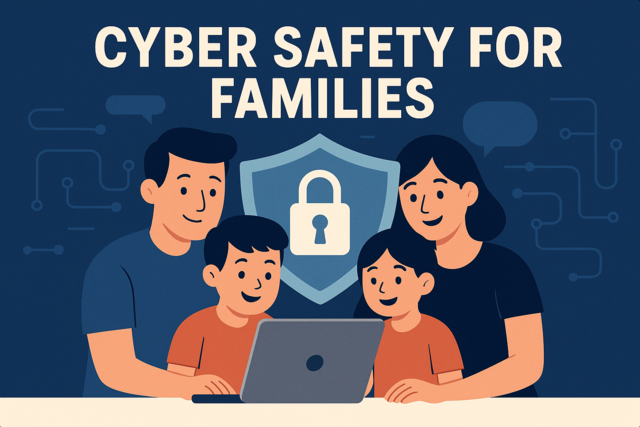 5 hours
0.5 CEUs
Cyber Safety for Families
+ More Info
5 hours
0.5 CEUs
Cyber Safety for Families
+ More Info
-
 4 hours
0.4 CEUs
Energy Medicine: Harnessing Your Body's Power
+ More Info
4 hours
0.4 CEUs
Energy Medicine: Harnessing Your Body's Power
+ More Info
-
 4 hours
0.4 CEUs
The Elemental Nexus: Integrating New Age Alchemy and Druidic Rituals
+ More Info
4 hours
0.4 CEUs
The Elemental Nexus: Integrating New Age Alchemy and Druidic Rituals
+ More Info
-
 4 hours
0.4 CEUs
Introduction to Supply Chain Management
+ More Info
4 hours
0.4 CEUs
Introduction to Supply Chain Management
+ More Info
-
 6 hours
0.6 CEUs
Embracing Digital Transformation
+ More Info
6 hours
0.6 CEUs
Embracing Digital Transformation
+ More Info
-
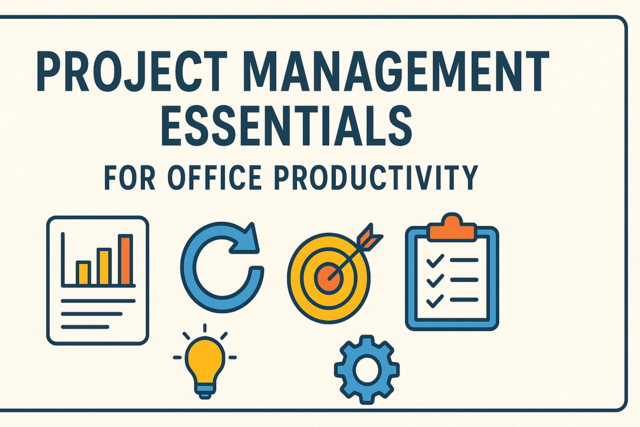 4 hours
0.4 CEUs
Project Management Essentials for Office Productivity
+ More Info
4 hours
0.4 CEUs
Project Management Essentials for Office Productivity
+ More Info
-
 7 hours
0.7 CEUs
The Power of Vulnerability: Authentic Connections in a Busy World
+ More Info
7 hours
0.7 CEUs
The Power of Vulnerability: Authentic Connections in a Busy World
+ More Info
-
 4 hours
0.4 CEUs
Emergency Preparedness and Survival Skills
+ More Info
4 hours
0.4 CEUs
Emergency Preparedness and Survival Skills
+ More Info
-
 5 hours
0.5 CEUs
Dress Like a Mogul: Navigating High-End Fashion for Men
+ More Info
5 hours
0.5 CEUs
Dress Like a Mogul: Navigating High-End Fashion for Men
+ More Info
-
 6 hours
0.6 CEUs
The Vogue of Now: An Insight into Modern Fashion Trends
+ More Info
6 hours
0.6 CEUs
The Vogue of Now: An Insight into Modern Fashion Trends
+ More Info
-
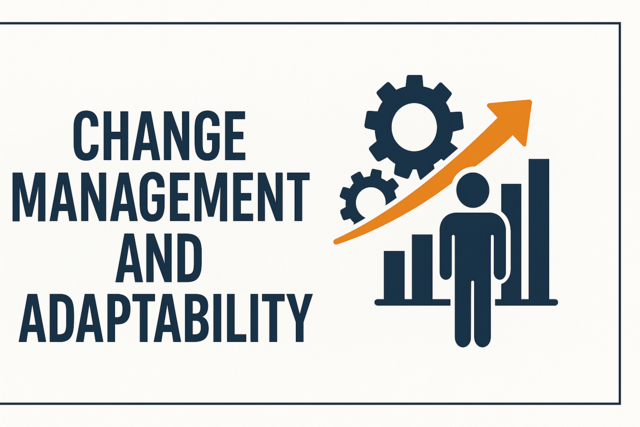 3 hours
0.3 CEUs
Change Management and Adaptability
+ More Info
3 hours
0.3 CEUs
Change Management and Adaptability
+ More Info
-
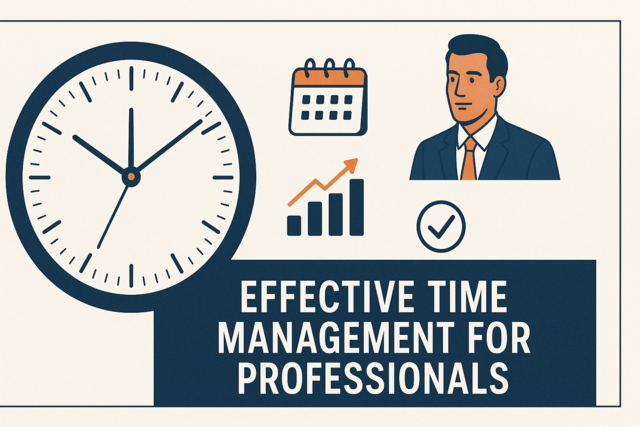 7 hours
0.7 CEUs
Effective Time Management for Professionals
+ More Info
7 hours
0.7 CEUs
Effective Time Management for Professionals
+ More Info
-
 5 hours
0.5 CEUs
Personal Hygiene and Grooming Essentials
+ More Info
5 hours
0.5 CEUs
Personal Hygiene and Grooming Essentials
+ More Info
-
 7 hours
0.7 CEUs
Civic Education and Engagement
+ More Info
7 hours
0.7 CEUs
Civic Education and Engagement
+ More Info
-
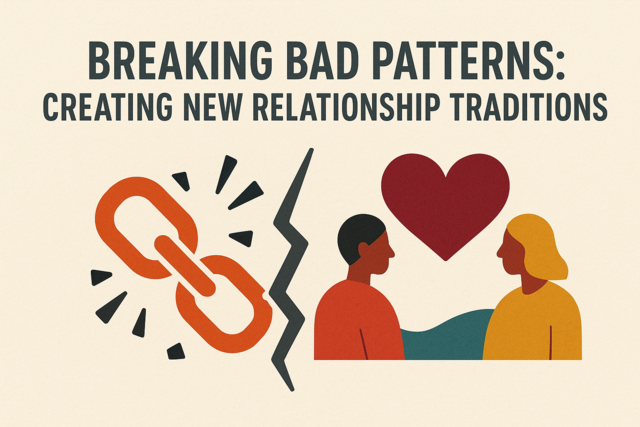 5 hours
0.5 CEUs
Breaking Bad Patterns: Creating New Relationship Traditions
+ More Info
5 hours
0.5 CEUs
Breaking Bad Patterns: Creating New Relationship Traditions
+ More Info
-
 7 hours
0.7 CEUs
Promoting Independence and Life Skills
+ More Info
7 hours
0.7 CEUs
Promoting Independence and Life Skills
+ More Info


